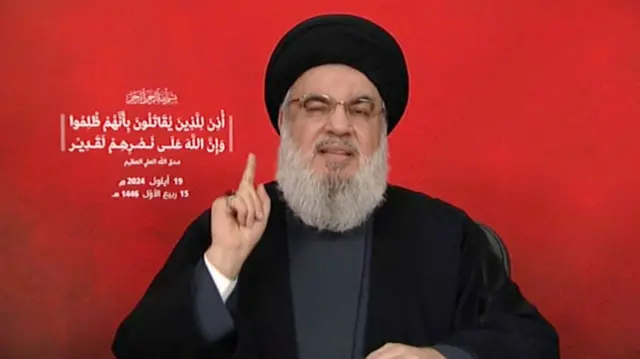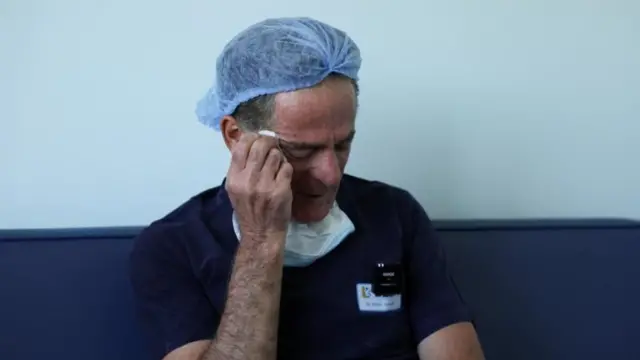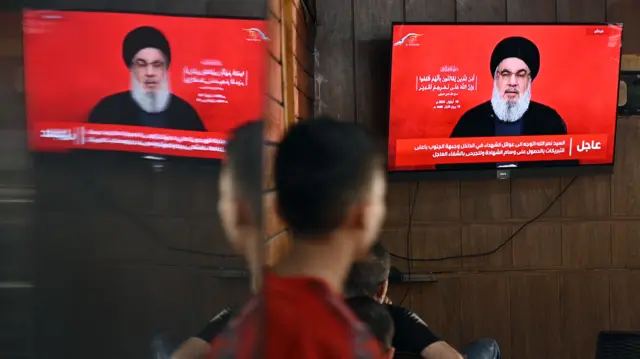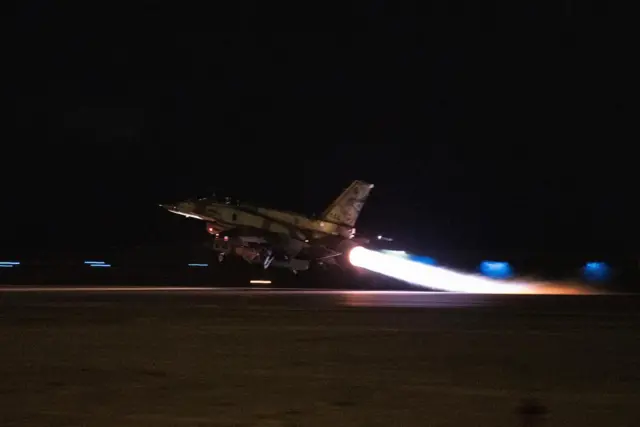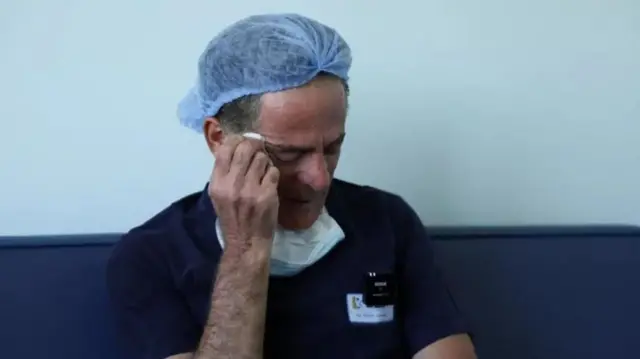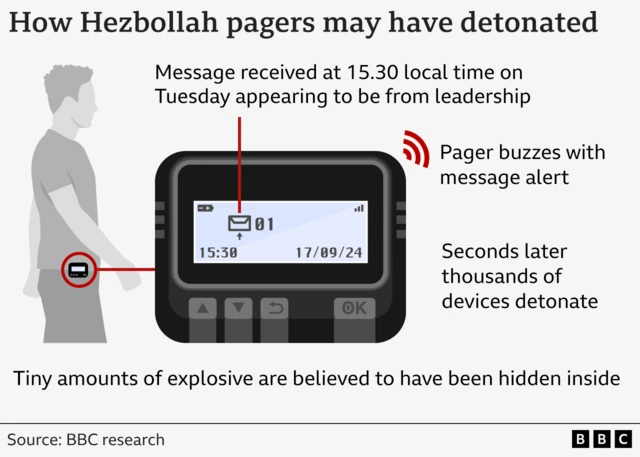Pagers that exploded in Lebanon not made in Bulgaria, says security agencypublished at 09:05 BST 20 September 2024
Bulgaria's state security agency DANS says none of the pagers that exploded during Tuesday's bomb attacks in Lebanon were imported to, exported from, or made in Bulgaria.
This latest development comes after Bulgarian authorities yesterday opened an investigation into one company's possible link to the sale of pagers to Hezbollah.
Local media reports said a company there had facilitated the sale of the pagers to Hezbollah, according to the news agency Reuters, external. Citing security sources, national broadcaster bTV reported,, external that 1.6 million euros related to the transaction passed through Bulgaria, and was sent to Hungary. Reuters adds it could not immediately confirm the claim, external.
On Tuesday, pager attacks started in Lebanon at around 15:30 local time (13:00 BST), with explosions continuing for about an hour after the initial blasts.
